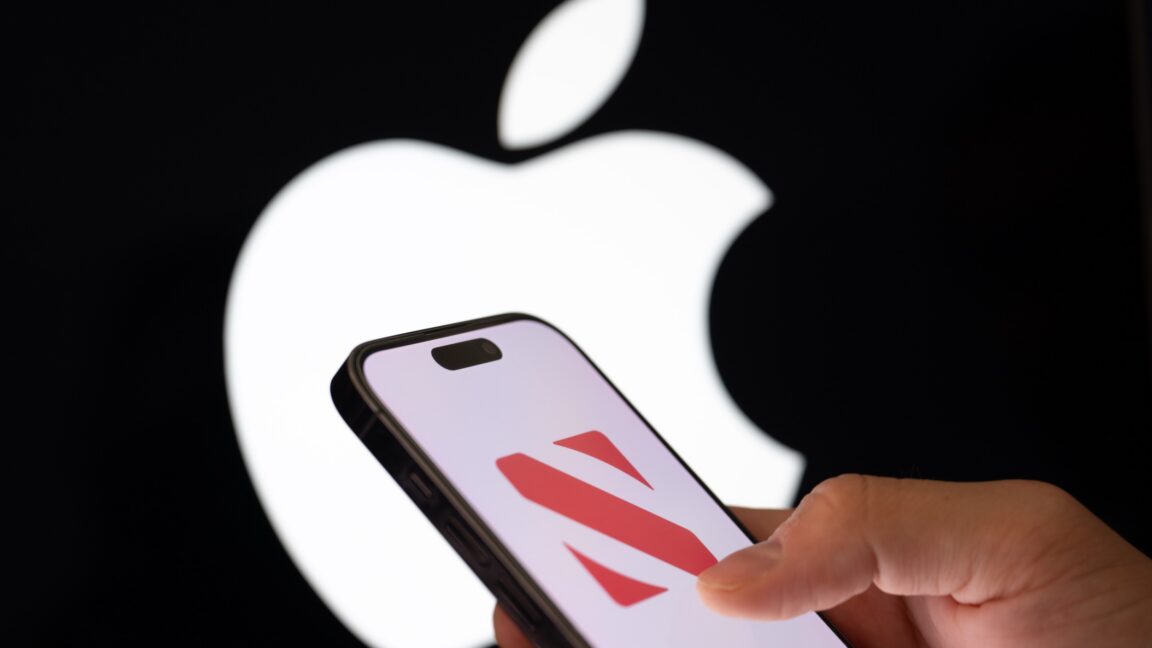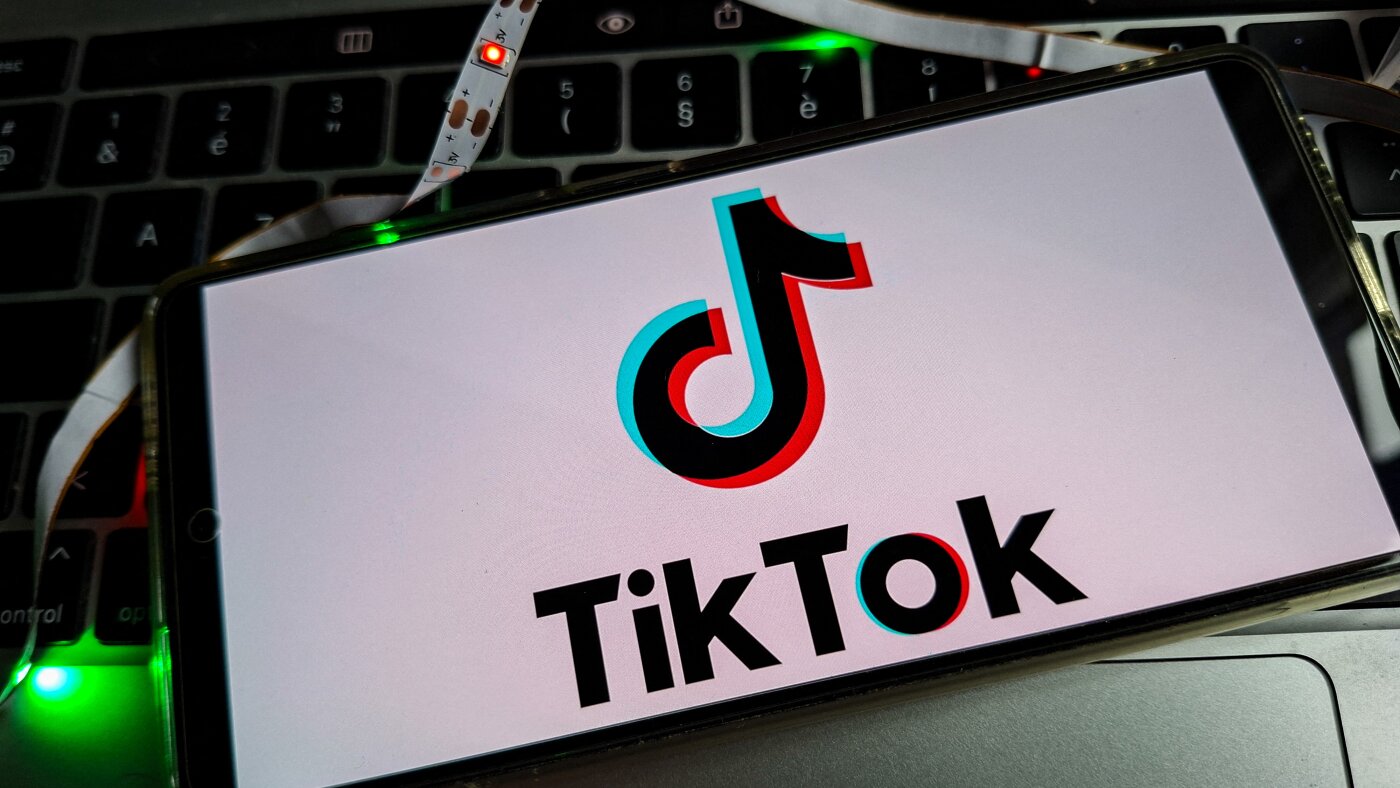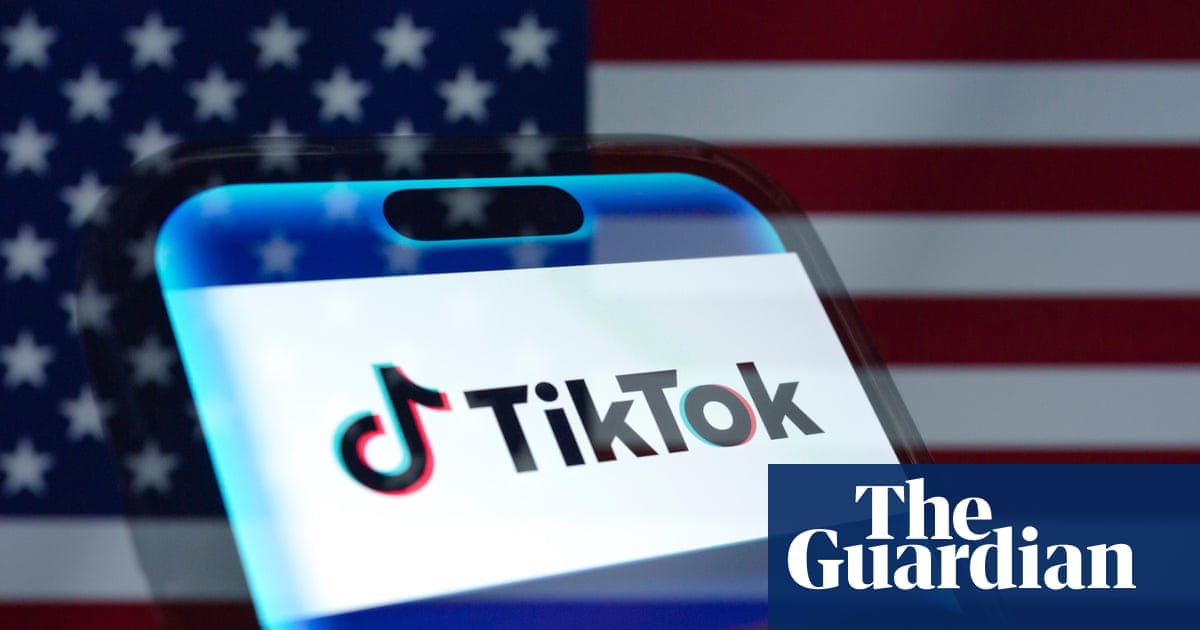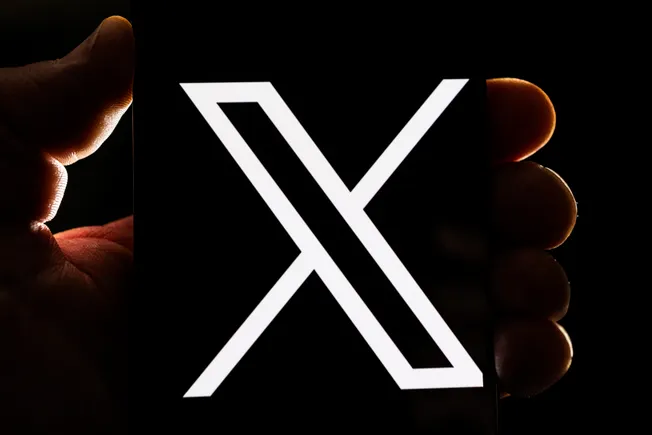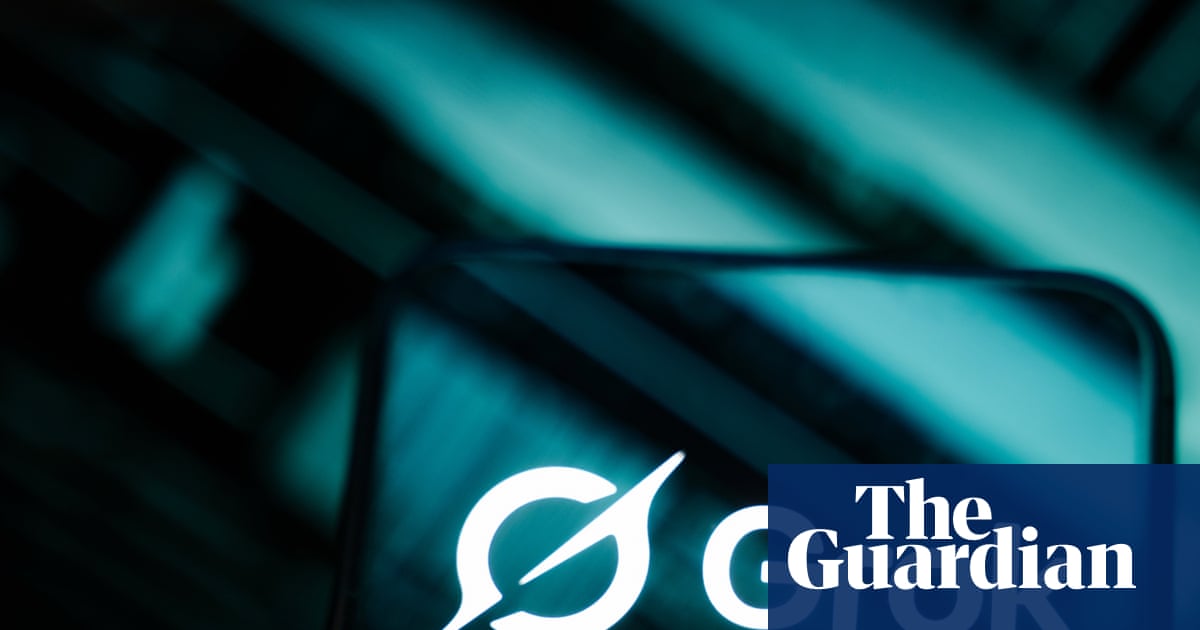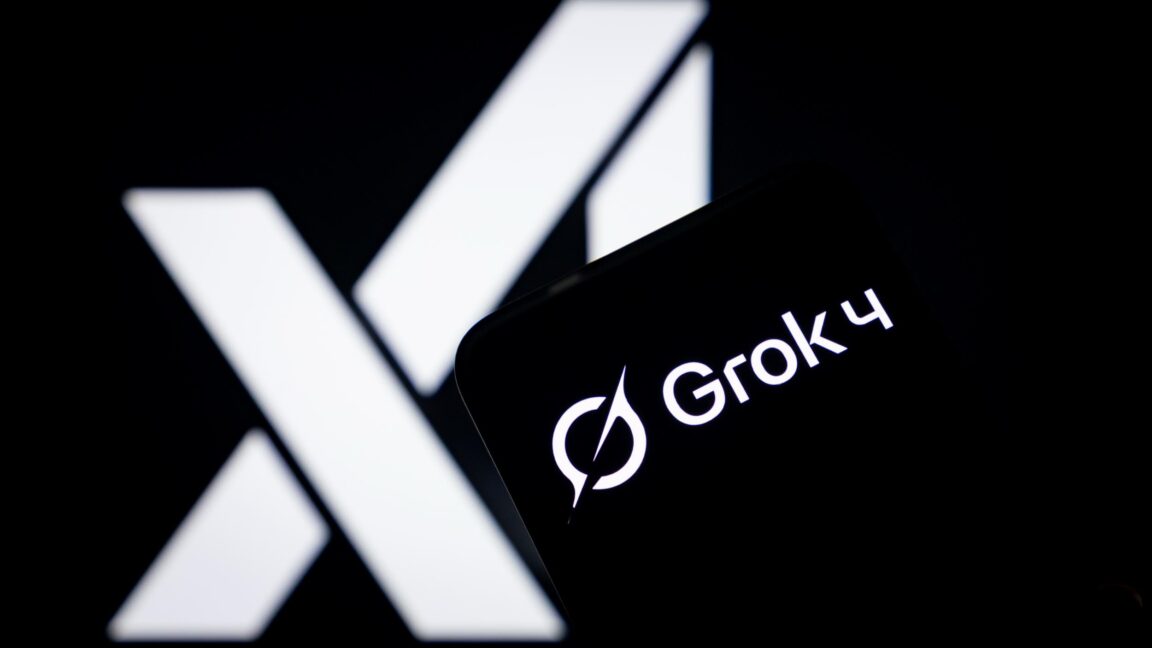#content-moderation
#content-moderation
[ follow ]
#deepfakes #child-safety #age-verification #tiktok #openai #grok #ai-safety #chatgpt #social-media #privacy
LGBT
fromLGBTQ Nation
7 months agoChurch stands by call to execute gay people: "I will not apologize for preaching the Word of God." - LGBTQ Nation
An Indianapolis church leader endorsed a sermon that urged LGBTQ+ people to kill themselves and used violent, demeaning language; YouTube removed the video.
Tech industry
fromBenzinga
1 week agoMark Zuckerberg Reveals He Consulted Apple's Tim Cook On Teen Social Media Safety, Hails Free Expression In Court Testimony - Meta Platforms (NASDAQ:META)
Mark Zuckerberg discussed youth safety with Tim Cook and defended Meta's Instagram design choices amid a lawsuit alleging addictive features harmed teenagers.
fromTheregister
1 week agoUK to force social media to remove abusive pics in 48 hours
The government announced today that it would add an amendment to the Crime and Policing Bill requiring platforms to "remove this content no more than 48 hours after it is flagged to them." Platforms that do not do so would potentially face fines of 10 percent of "qualifying worldwide income" or have their services blocked in the UK. The amendment follows outrage over the Elon Musk-owned chatbot Grok's willingness to generate nude or sexualized images of people, mainly women and girls, which forced a climbdown
UK politics
fromThe Verge
1 week agoEU investigates Shein's 'addictive design' and illegal products
The European Union has opened a formal investigation into Shein after French regulators found listings for "child-like sex dolls" on the retail platform last year. The investigation will assess whether the systems Shein is using to curb illegal product sales are compliant with the EU's Digital Services Act (DSA), according to the European Commission, including "content which could constitute child sexual abuse material."
Miscellaneous
fromwww.dw.com
2 weeks agoIndia tightens AI rules for social media platforms
Now platforms have three hours to remove content requested by authorities. Previously, they had a 36-hour window to take down such content. Under India's IT rules, authorities can order the removal of content deemed illegal under any of its laws, including those related to national security and public order. India's new rules require labelling of AI content It will also be mandatory for platforms like Instagram, TikTok, Facebook and YouTube to clearly label what the government calls "synthetically generated information."
Artificial intelligence
Artificial intelligence
fromFast Company
2 weeks agoInstitutions are drowning in AI-generated text and they can't keep up
Generative AI is flooding institutions with synthetic submissions, overwhelming human review processes and prompting defensive closures, automated triage, and escalating AI-vs-AI arms races.
Marketing tech
fromThe Drum
2 weeks agoFacebook moves to pacify cautious advertisers with whitelisting and brand safety tools
Facebook launched whitelisting tools and a unified brand-safety control in Business Manager to give advertisers finer control over ad placements, inventory filters, and block lists.
fromwww.theguardian.com
3 weeks agoIn the end, you feel blank': India's female workers watching hours of abusive content to train AI
On the veranda of her family's home, with her laptop balanced on a mud slab built into the wall, Monsumi Murmu works from one of the few places where the mobile signal holds. The familiar sounds of domestic life come from inside the house: clinking utensils, footsteps, voices. On her screen a very different scene plays: a woman is pinned down by a group of men, the camera shakes, there is shouting and the sound of breathing.
Digital life
Tech industry
fromTechRepublic
3 weeks agoThis New Social Network Says It Won't Sell Your Data - and It Just Hit 2.5M Users
UpScrolled grew to over 2.5 million users after TikTok's US ownership change, positioning itself as inclusive with minimal moderation and a promise not to sell user data to advertisers.
fromBusiness Insider
4 weeks agoLove the work, hate the slaps: Creators and fans wrestle with the dark side of the micro drama boom
"Bound by Honor," billed as a "top series" on ReelShort, opens with a young woman being drugged and coerced into marriage. In "Divorced at the Wedding Day," a "popular" pick on DramaBox, a pregnant widow is whipped and pushed onto broken glass at an engagement party before being locked up in a crate. ReelShort and Disney-backed DramaBox are the market leaders in the rising category of micro dramas, made-for-mobile soaps that feature fast-paced action and wild plots.
Television
Music
fromTechCrunch
1 month agoDeezer makes it easier for rival platforms to take a stance against AI-generated music | TechCrunch
Deezer offers its 99.8% accurate AI-detection tool to other platforms to tag, remove, and demonetize fully AI-generated music, combating fraud and protecting human artists.
fromArs Technica
1 month agoMeta blocks links to ICE List across Facebook, Instagram, and Threads
When WIRED attempted to post a link on Facebook, we received a message that read: "Posts that look like spam according to our Community Guidelines are blocked on Facebook and can't be edited." Hours later, however, that message was updated to read: "Your content couldn't be shared, because this link goes against our Community Standards." The message linked to Meta's Community Standards homepage rather than a specific part of those rules.
Privacy professionals
fromThe Wire Magazine - Adventures In Modern Music
1 month agoAuthorship under automation - The Wire
On 13 January 2026, Bandcamp published "Keeping Bandcamp Human", declaring that "music and audio that is generated wholly or in substantial part by AI is not permitted on Bandcamp", alongside a strict prohibition on AI-enabled impersonation of other artists or styles. The post invites users to report releases that appear to rely heavily on generative tools, and it explicitly reserves the right to remove music "on suspicion of being AI-generated".
Music
Film
fromFilmmaker Magazine
1 month ago"We Will Be Passing Out Little NOT AI Buttons to Our Audiences": Valerie Veatch on Her Sundance-premiering Ghost in the Machine
AI functions as a continuation of exclusionary, grift-driven efforts by powerful white men aiming to reshape society in their own image.
fromBusiness Insider
1 month agoThe EU is probing Grok over its spreading of sexual AI images
The European Commission, the bloc's governing body, said on Monday that it had opened a formal investigation into X over the spread of illegal images, including possible child sexual abuse material, generated by Grok on the platform. The Commission said it would also extend an ongoing investigation into X's recommendation algorithm, with the regulator previously fining the social media platform $140 million over its "deceptive" blue checkmarks.
Careers
fromThe Drum
1 month ago#FBrape campaign: What does it mean for Facebook and what can brands take from the backlash?
After the week-long Twitter backlash which received over 50,000 tweets under the hashtag #FBrape, Facebook agreed to update its policies, releasing a statement acknowledging that its systems to monitor and remove gender-based hate speech had failed. The backlash prompted 15 major advertisers, including Nissan and Nationwide, to suspend their Facebook marketing campaigns, and highlighted some of the issues brands potentially face when it comes to online advertising.
fromGSMArena.com
1 month agoTikTok finalizes a deal with US investors, it's now mostly owned by US entities
After months of negotiations, TikTok finalized a deal with several US-based investors days before the next deadline, after which TikTok would have allegedly been banned in the US. Today, TikTok was finally divested from ByteDance, which retains a 20% stake, while the other 80% is split between Oracle, Silver Lake, MGX and others. Each of those three companies gets a 15% stake.
Business
fromThe Verge
1 month agoYouTubers will be able to make Shorts with their own AI likenesses
Your YouTube Shorts feed might soon be filled with a lot more AI-generated content from your favorite creators - including AI-generated versions of the creators themselves. In his annual letter released today, YouTube CEO Neal Mohan says that sometime this year, creators will be able to make Shorts using their "own likeness." Mohan didn't share further details about these likenesses. "We'll have more to share soon, including the launch date and how the feature will work," according to YouTube spokesperson Boot Bullwinkle.
Artificial intelligence
fromThe Verge
1 month agoChatGPT is using age prediction to restrict what minors see
OpenAI has added age prediction features to ChatGPT, meant to identify and bolster protections for underage users. These age detection plans were announced in December alongside updated guidelines for interacting with teens, and follow a rise in similar age-gating efforts from online platforms, including Instagram, YouTube, TikTok, and Roblox. ChatGPT's age prediction model works by examining behavioral and account-level signals, including a user's stated age, how old the account is, when the user is active, and usage patterns over time.
Privacy technologies
Tech industry
fromTechCrunch
1 month agoX open sources its algorithm while facing a transparency fine and Grok controversies | TechCrunch
X open-sourced its feed algorithm revealing it uses engagement history, in-network and out-of-network ML, filters blocked/muted/violent/spam content, and ranks posts by predicted appeal.
fromTechCrunch
1 month agoMeta's Oversight Board takes up permanent bans in landmark case | TechCrunch
The case being reviewed isn't exactly one of an everyday user. Instead, the case involves a high-profile Instagram user who repeatedly violated Meta's Community Standards by posting visual threats of violence against a female journalist, anti-gay slurs against politicians, content depicting a sex act, allegations of misconduct against minorities, and more. The account had not accumulated enough strikes to be automatically disabled, but Meta made the decision to permanently ban the account.
World news
fromBenzinga
1 month agoElon Musk's X Is Offering $1 Million For The Best Article - And It's A Big Bet On Long-Form Content - Alphabet (NASDAQ:GOOG), Alphabet (NASDAQ:GOOGL)
According to XCreators, the initiative is designed to encourage creators to produce high-quality, original content that sparks conversation, breaks news and shapes culture. The winning article must be original, a minimum of 1,000 words and will be primarily judged based on Verified Home Timeline impressions. The official announcement states that content that violates X's policies or is hateful, fraudulent, or manipulative will not be taken into consideration, and that only users in the United States are eligible.
Social media marketing
fromTechCrunch
1 month agoYouTube relaxes monetization guidelines for some controversial topics | TechCrunch
In the past, the degree of graphic or descriptive detail was not considered a significant factor in determining advertiser friendliness, even for some dramatized material, Consequently, such uploads typically received a yellow dollar icon, which restricted their ability to be fully monetized. With this week's update, our guidelines are becoming more permissive, and creators will be able to earn more ad revenue.
Tech industry
[ Load more ]











